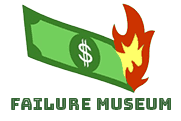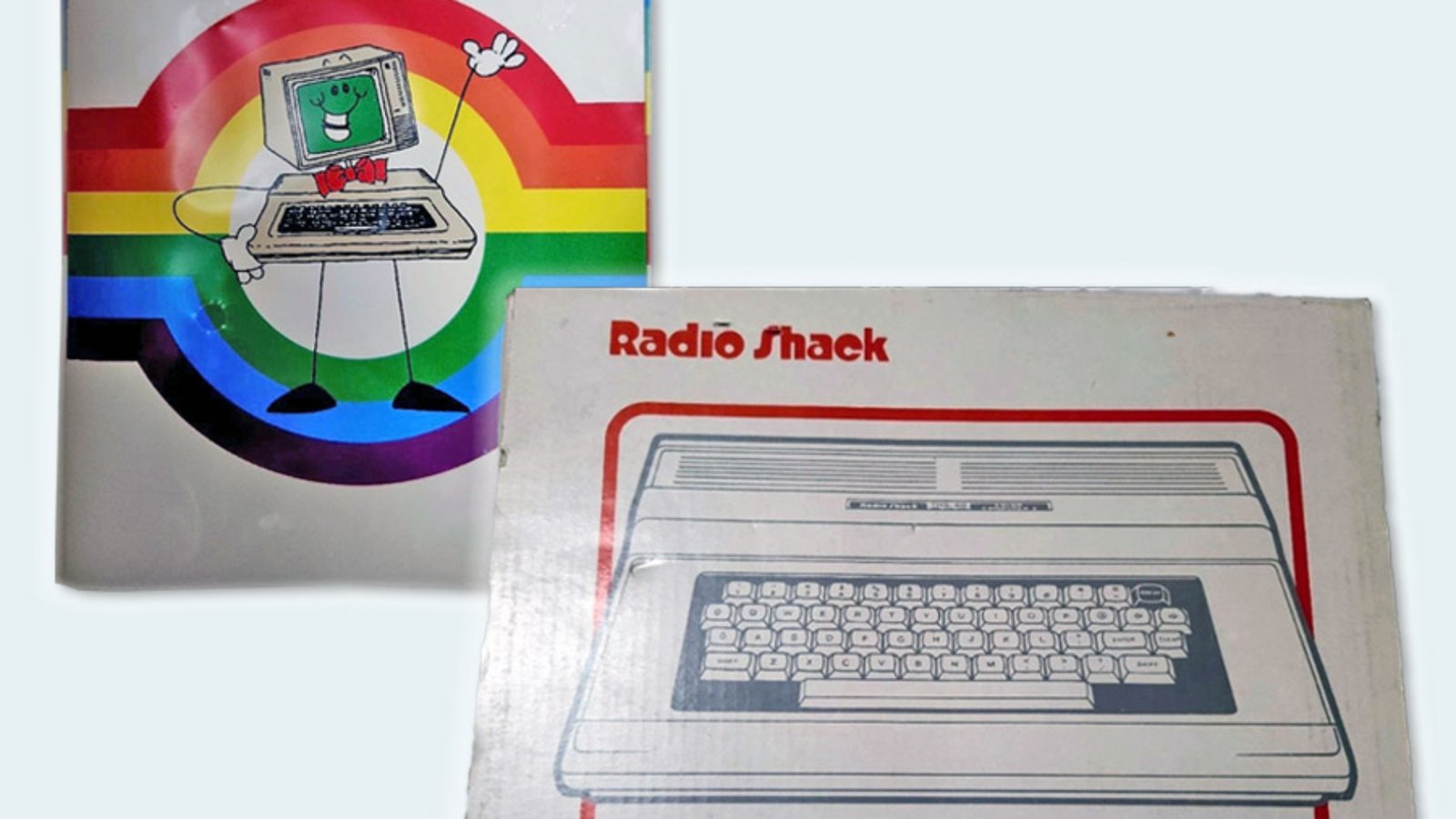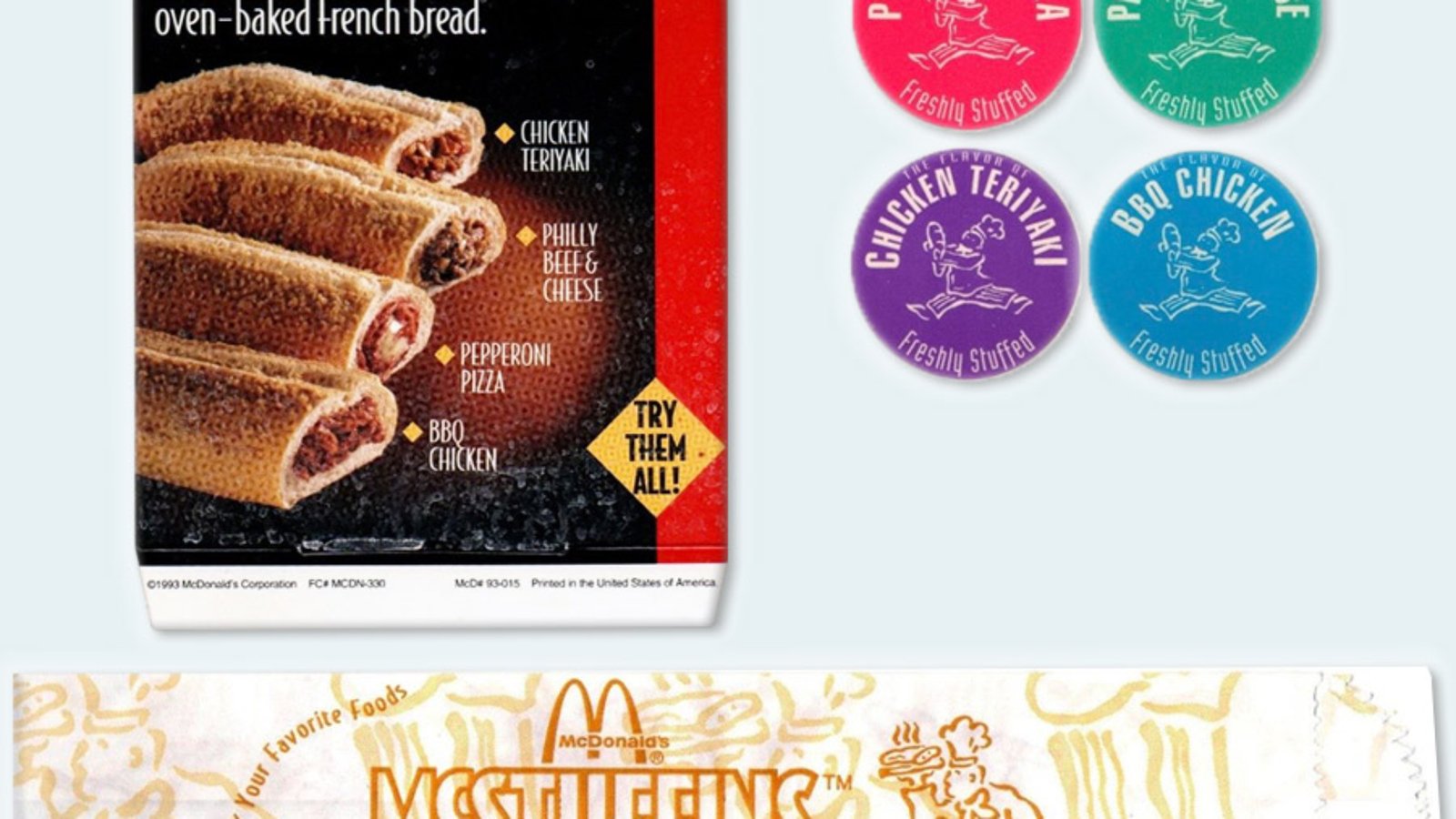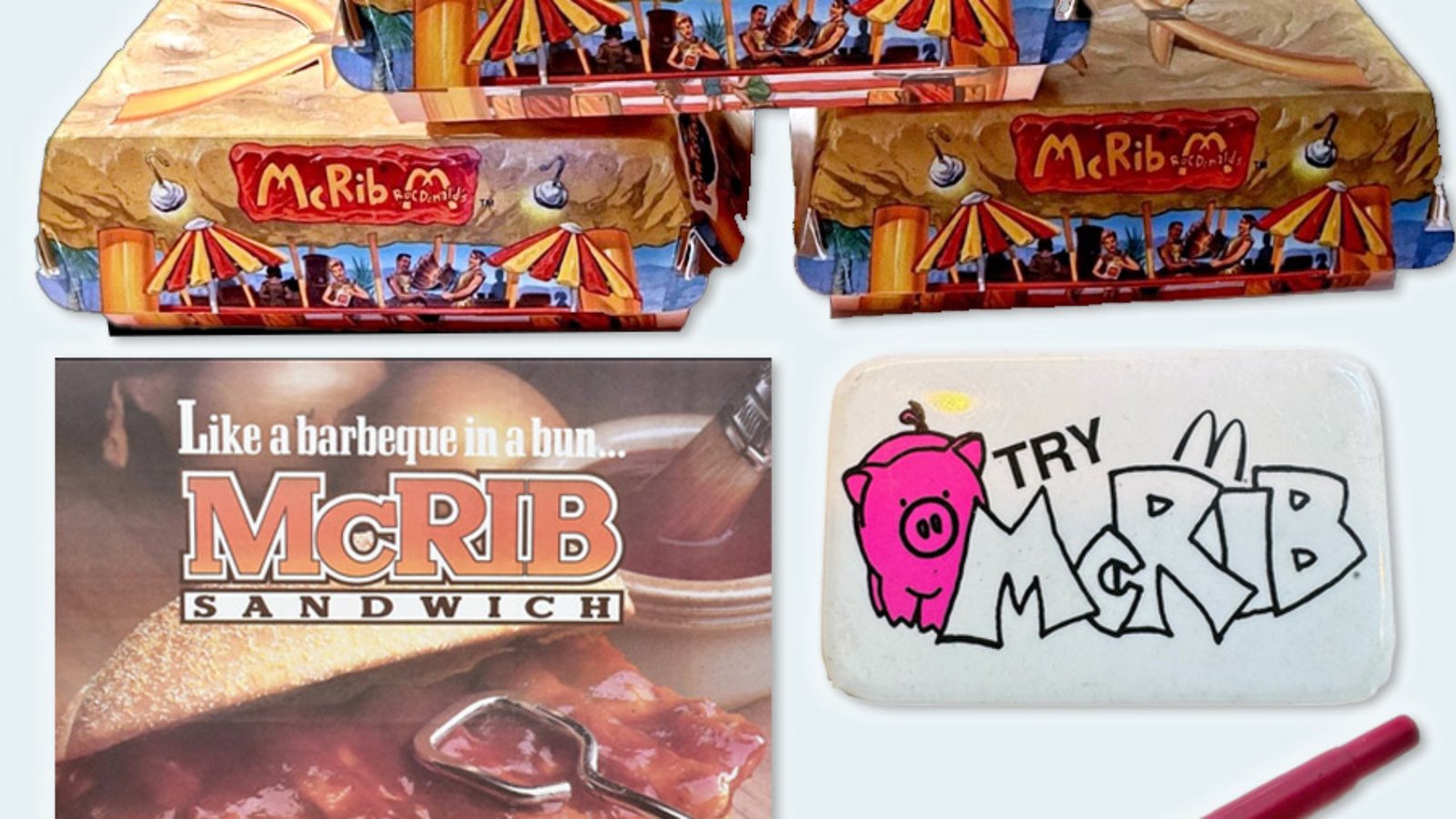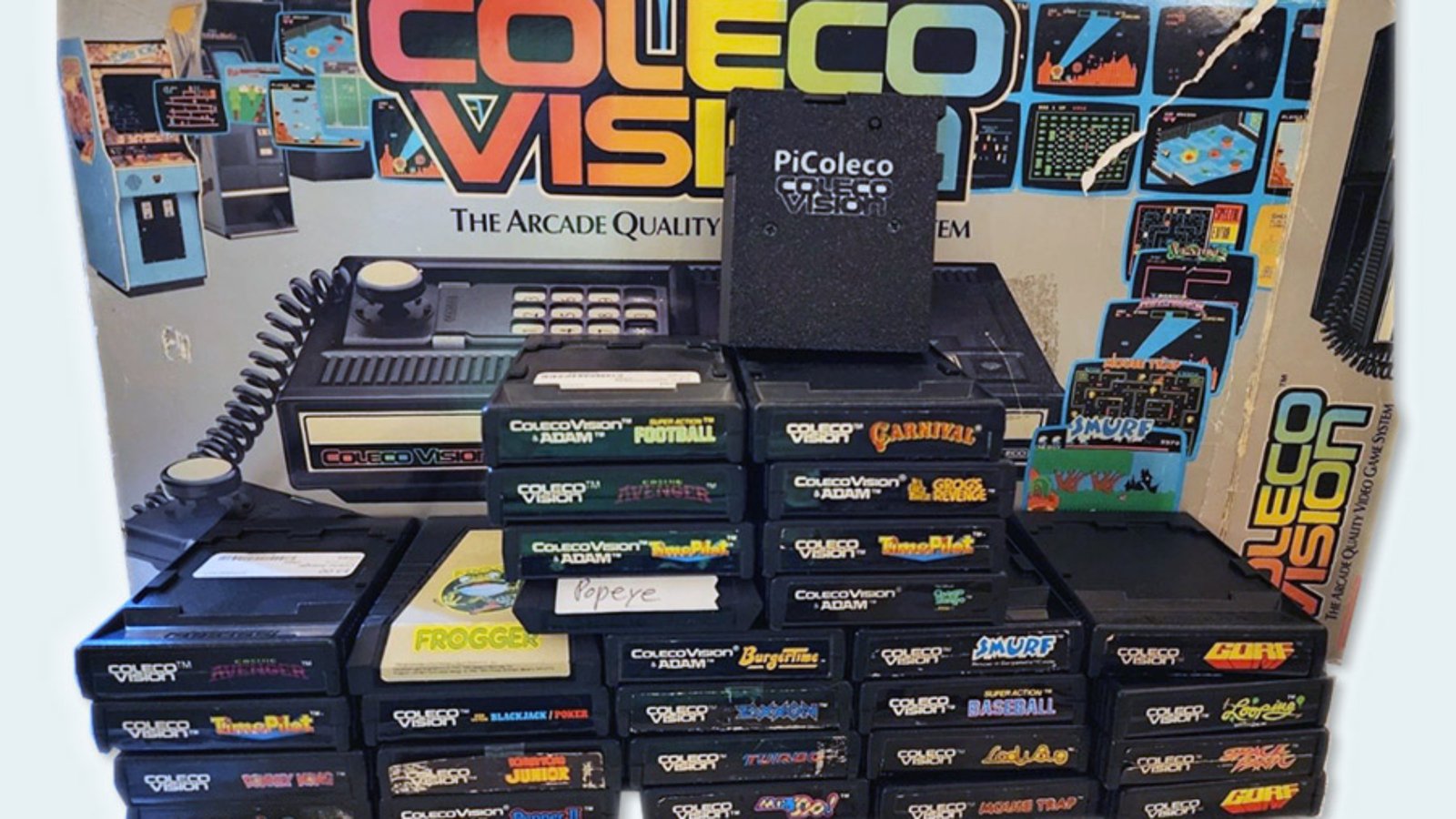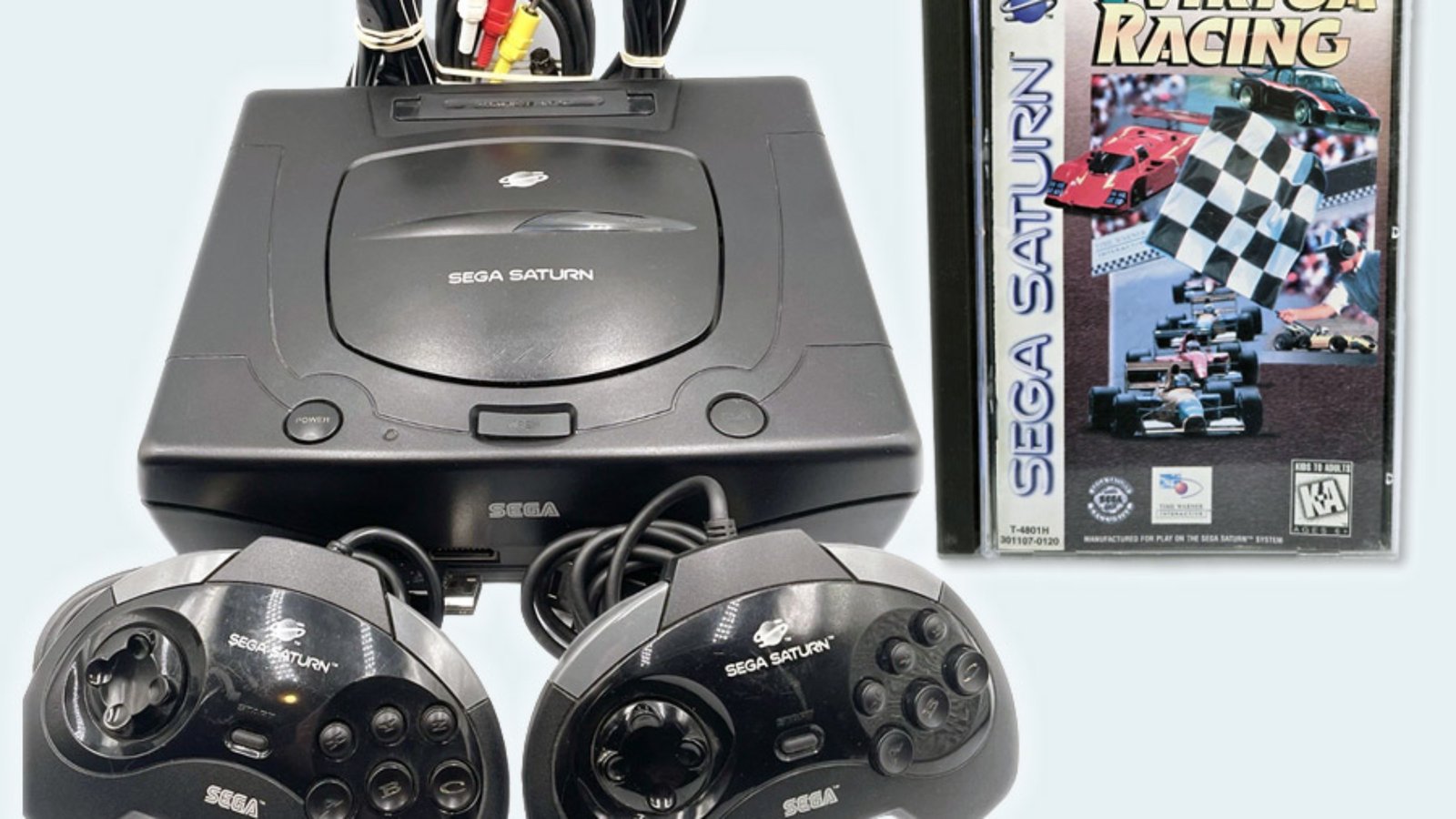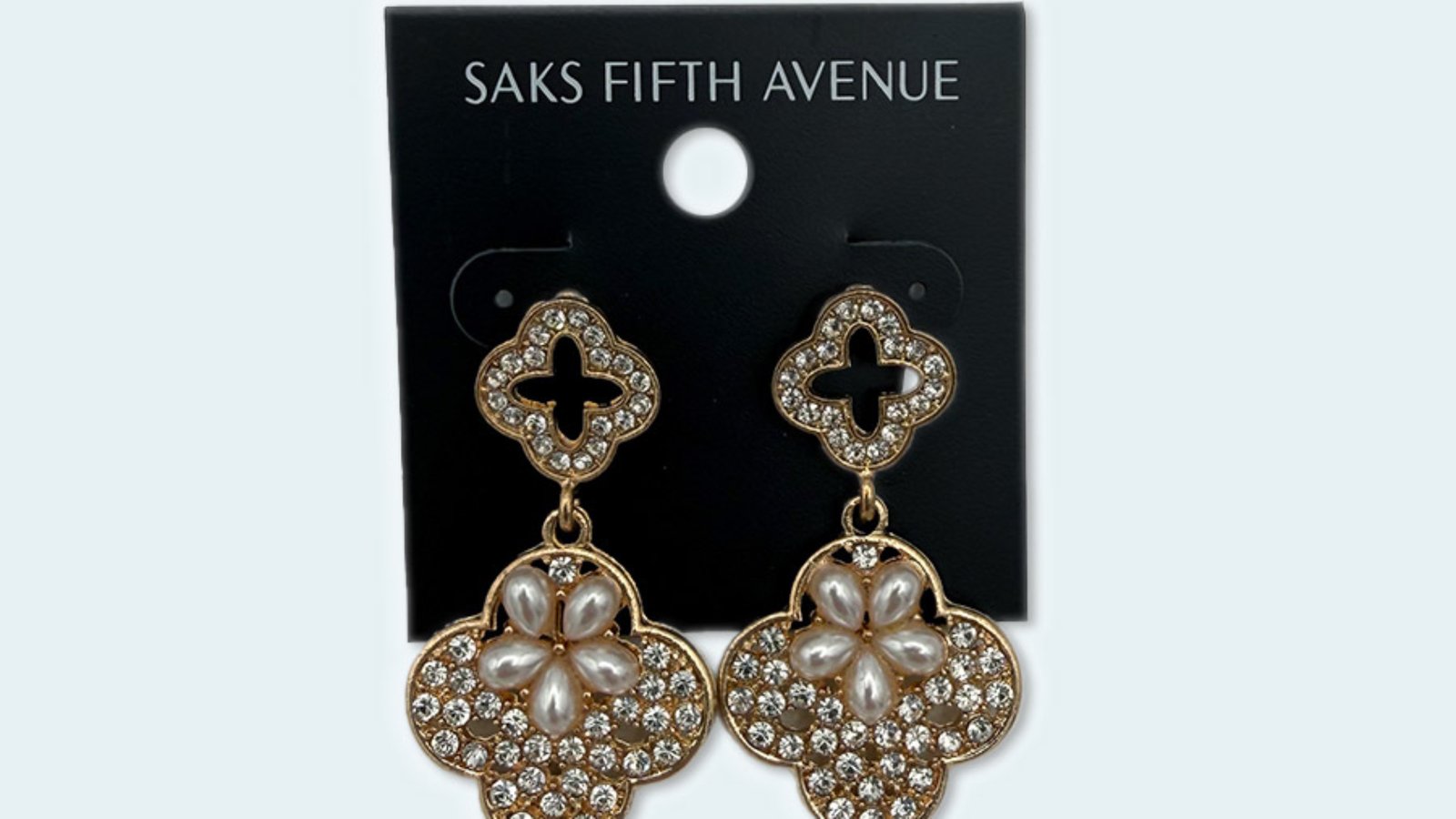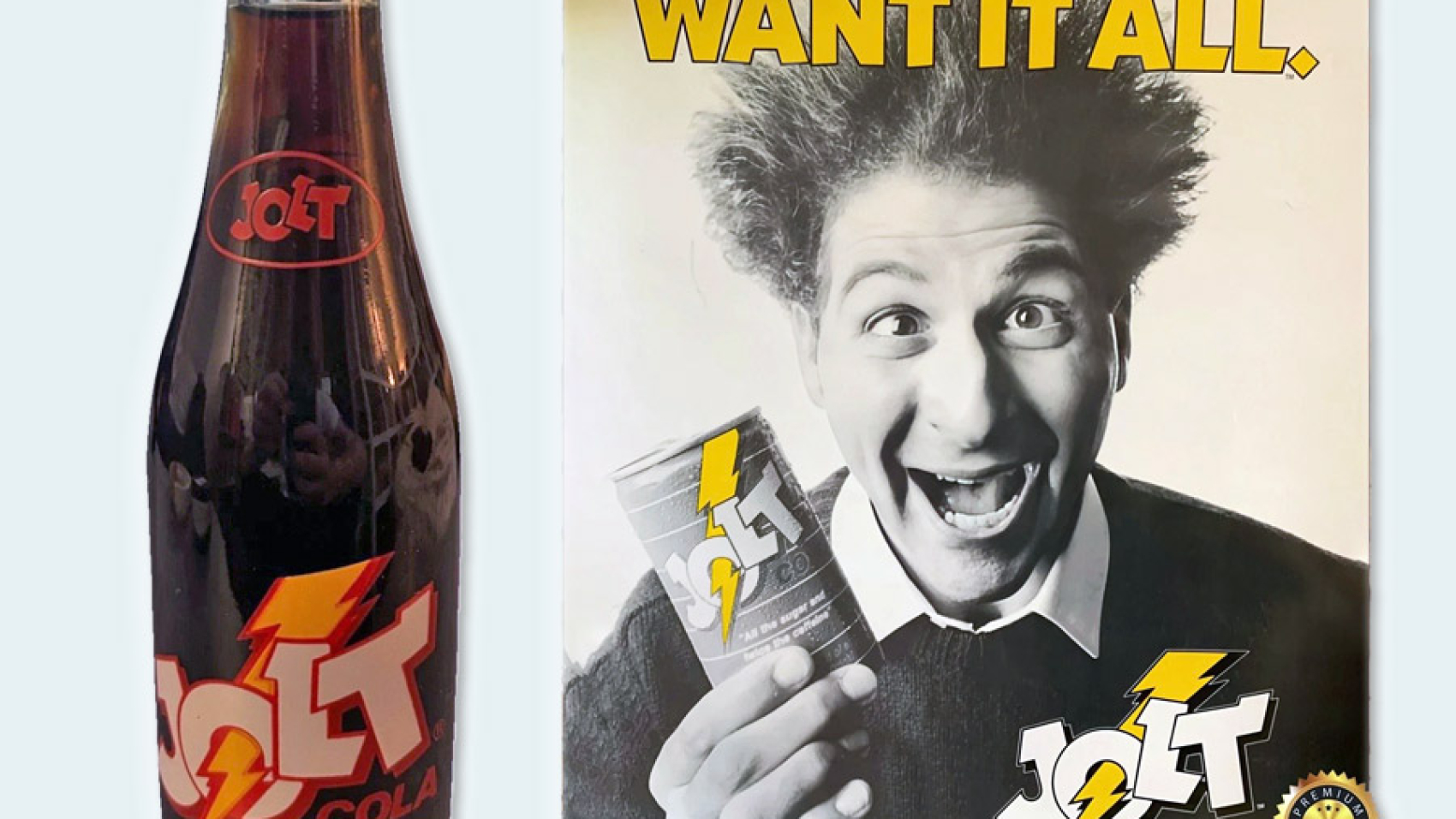Launched in 1977 by Radio Shack, the TRS-80 had difficulty keeping up with Apple and IBM who were building ecosystems. Radio Shack sales staff were trained to sell batteries and CB radios, not complex business systems, while corporate buyers preferred IBM dealers who could provide serious support, networking, and service contracts. When the IBM PC launched in 1981, it quickly became the safe choice. Software companies prioritized IBM compatability, while TRS-80 business machines weren’t IBM compatible and had limited third-party software. Meanwhile, the TRS-80 color computer was not quite a serious computer like the IBM PC or Apple II, nor was it as good as the Commodore 64 for games. By the mid-80s Radio Shack decided it should focus on being a consumer electronics stores instead of a computer company.
McStuffins
Launched in 1993, McStuffins were McDonald’s attempt at a stuffed pita sandwich. People are in a burger-and-fries mindset at McDonald’s so it was hard for consumers to get excited about deli food, while they were hard for kids to eat. In addition, pitas slowed things down since they dry out fast, tear easily, need warming to be soft, and stuffing them cleanly takes more time that stacking a bun.
McDonald’s Cheddar Melt
Launched in 1987 as an adult burger, McDonald’s Cheddar Melt had a beef patty, grilled onions, and cheddar cheese sauce on a rye bun. The burger had limited mass appeal since it didn’t feel like a classic burger, it didn’t pair naturally with fries, and the onions had a strong smell. In addition, preparation time was too slow since onions need separate prep, while liquid cheddar sauce was harder to portion and increased cleanup.
McRib
Launched in 1981 and discontinued in 1985, McRib was launched as a response to a chicken shortage for McNuggets. Many people tried it once but most didn’t come back for another since it was too sweet, too sloppy, and had a weird texture. Plus it required more labor due to is own sauce process, while was messy to assemble and created more cleanup.
McDonald’s Soup
Launched in 1991, McDonald’s soup didn’t match the fast, indulgent, and handheld identity people expect. Soup slowed service and takes more labor since it requires heating and holding at the right temperature, ladling and careful handling, and extra packaging (bowls, lids, spoons). Unlike fries, onion rings, and chips, soup isn’t an easy add-on sale to burgers, fried chicken, and nuggets.
ColecoVision
Launched in 1982 and discontinued in 1985, ColecoVision, was a video game console that brought arcade-quality graphics to the home. It was launched just before the North America video game crash as retailers were drowning in unsold consoles and games. Unlike Nintendo, ColecoVision had less quality control, a smaller developer ecosystem, and fewer must-have games.
Sega Saturn
Launched in 1995, Sega Saturn had difficulty competing against Sony’s PlayStation resulting in selling 9 million units worldwide vs. PlayStation selling over 100 million. PlayStation had simpler, developer-friendly architecture leading to low developer support; Saturn was designed for 2D arcade-style games while PlayStation focused on 3D; Saturn was priced at a premium to PlayStation. Plus Sega of Japan and Sega of America didn’t align and led to slow decision making.
Saks Fifth Avenue
In 2026, Saks was the biggest name in high-end retail to file for bankruptcy since the pandemic. For more than a century, Saks served as a gateway for U.S. shoppers to discover coveted European brands. However, consumers can now turn to the internet and many luxury brands have stores of their own. In addition, a broad slowdown in demand for luxury goods, inflation, and tariffs made it harder for Saks to pay suppliers. This led to suppliers cutting shipments and fewer goods for Saks to sell. With less merchandise on its store racks and in its warehouses, the company couldn’t borrow as much under its asset-based loan, which is backed by inventory.
iRobot
iRobot depended too heavily on robot vacuums, which became commoditized, and had limited success expanding into adjacent home robotics. Post-Covid demand collapsed, retail inventory piled up, and promotions destroyed margins.
Jolt Cola
Launched in 1985, Jolt Cola had “all the sugar and twice the caffeine.” However, in the 1990s energy drinks exploded (Red Bull, Monster, Rockstar). Those brands delivered more caffeine than Jolt and were marketed more aggressively to younger consumers. Once energy drinks took over convenience stores and gas stations, Jolt lost premium shelf space, while it lacked the marketing budget of Coca-Cola, Pepsi, or Red Bull.

